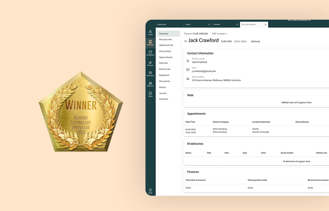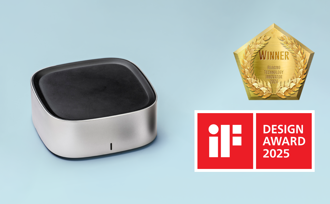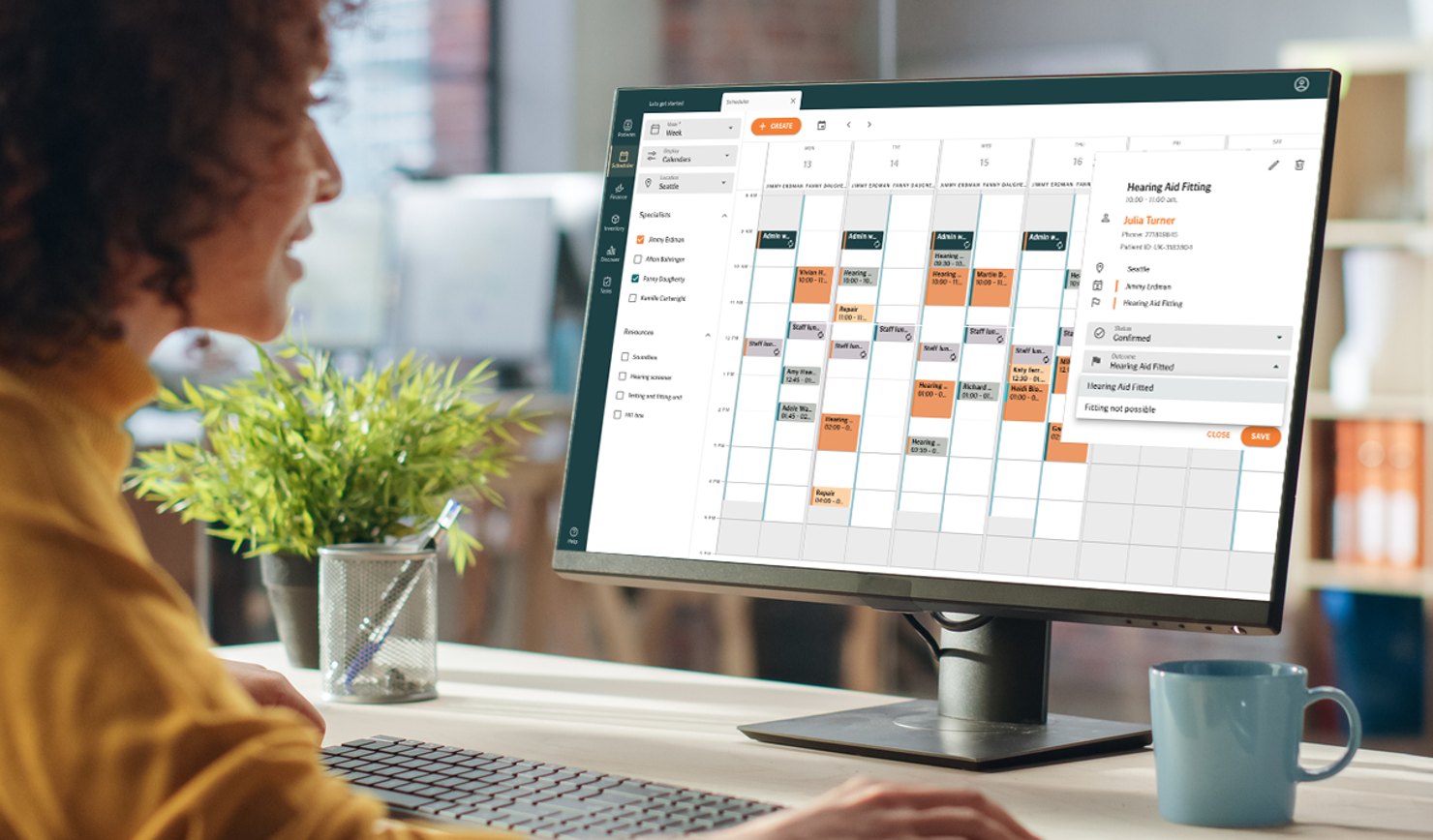
In audiology clinics, you’re always busy, and must work diligently to always provide the best care experience to your patients. Your entire staff is working to keep things running smoothly, pivoting to manage things as they come up, greeting each patient with a smile, while also dealing with mountains of office and clinical tasks that need to be handled each day.
Time management in clinical practice is important for a variety of reasons. It will keep your clinic running seamlessly, reduce wait times, and boost patient satisfaction.
Strong, effective time management can lead to many benefits for your staff, including:
- Decreased stress
- Increased productivity
- Improved well-being
- Accelerated career advancement
- Reduced burnout
- Enhanced personal satisfaction
Why Is Time Management Important In Hearing Healthcare?

Time management strategies in healthcare are the important habits of organizing your day, prioritizing activities based on your goals and tasks. While you need to be structured and disciplined while working in this industry, you must also be flexible enough to be able to pivot when unexpected issues arise – and not lose focus for the rest of your day.
Effective medical industry time management allows you to balance patient care responsibilities with administrative tasks. Done correctly, you’ll create structure within your hectic workday, treating patients while also managing the inevitable administrative duties that come with the job.
Within healthcare in general – and audiology specifically – there’s always something to be done, and never enough time to do it all. However, if you’re mindful, purposeful, and smart about how you manage your time (and your staff’s time), you can maximize even the most hectic schedule to accommodate your goals and conquer your To Do list.
Proven Tips To Improve Your Time Management Skills:
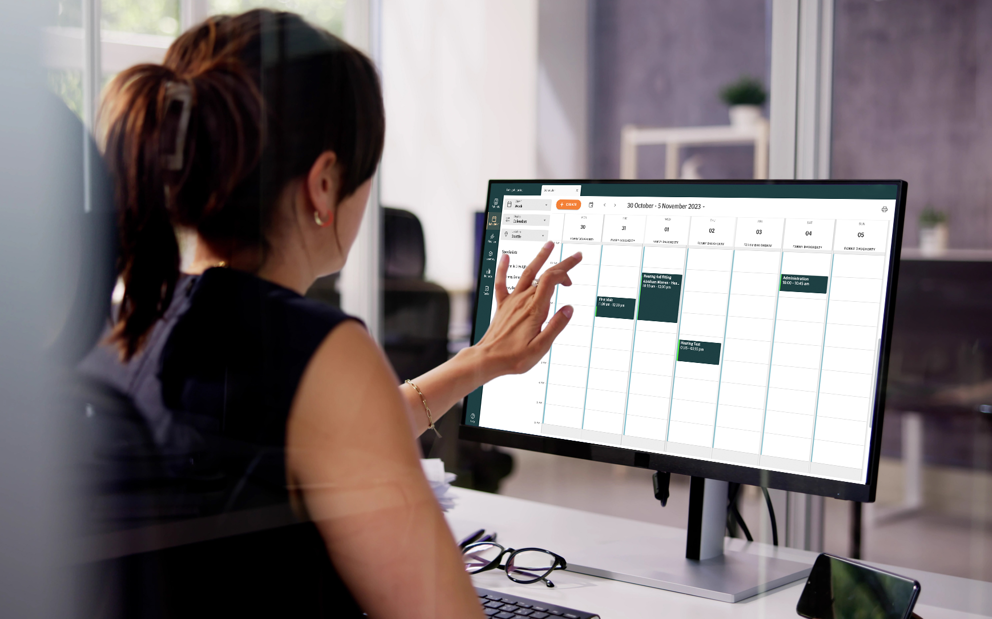
1. Prioritize Tasks
Keep a daily To-do list in a prominent location. Stay on track by checking your list often and adjusting it as needed. You’d be surprised at how much you can complete when you keep yourself accountable to a written list!
Practice Management Software (PMS), like Auditdata’s Manage, has an integrated, user-friendly system that will keep you organized and accountable, and it connects to your daily calendar to streamline your activities, deadlines, and priorities.
2. Eliminate Time Wasters
Did you know that the average professional spends more than 2.5 hours per day using social media platforms like Facebook, Instagram, Twitter, and TikTok? While it’s important to stay informed and connected, 2.5 hours is a lot of time!
Think about how you could spend that time more productively and consider staying off social media – at least during work hours. Also, consider how much time you waste elsewhere in your day, whether that’s taking extra coffee breaks or doing tasks manually that could be done faster electronically. For instance, it’s far more efficient to set up automatic appointment reminders through your Practice Management Software vs. manually calling each patient to remind them of their upcoming visit.
3. Leverage Technology
Use a PMS to streamline your practice, optimize your systems, and maximize efficiency. A PMS is a game-changer in improving time management in hearing care. For instance, it can quickly and accurately organize, review, and update records. It makes scheduling, invoicing, ordering, and other tasks much faster, easier, and more accurate.
Simple acts like creating automatic appointment reminder messages, follow-up messages, or other communications can save valuable time each day. And when you spend less time on administrative tasks – like paperwork, manually sending emails, and making phone calls – you can spend more time on patient care, which can improve key performance indicators (KPIs), like patient satisfaction, happiness, loyalty, and referrals. These, in turn, can help boost other key metrics, like sales, profits, and conversions.
4. Schedule Smarter
The first steps to scheduling smarter are to use an electronic scheduler, like the one in Manage and train your staff to qualify patients prior to booking an appointment. Since this scheduling tool is cloud-based, it can be accessed and updated in real-time by all your staff members, even if they’re working from different locations.
It’s also wise to optimize your schedule by scheduling in blocks, starting from the middle of the day (11:00 am) and working out, filling the calendar from 11:00-12:00, then 10:00-11:00, and so forth until the morning is scheduled. Then, fill from 12:00-1:00, 1:00-2:00, and so forth until the afternoon is scheduled.
Schedule patients back-to-back with no gaps. It’s best to schedule longer appointments (60 minutes) first and fill in gaps with shorter (15 and 30-minute) appointments. Save administrative time (staff meetings, reviewing and updating charts) for first thing in the morning and last thing in the afternoon. This gives your practitioners a bit of flexibility to work on their charts or other administrative tasks from home if they’d like, which is a work-life perk they’ll likely appreciate.
Free Guide
How to Boost Revenue with Resource Optimization
Are you struggling with stressed-out staff, long waiting times, or finding new employees to hire? With a few simple adjustments to your schedule or diary, you can get much more out of your existing resources and focus more on the clients.
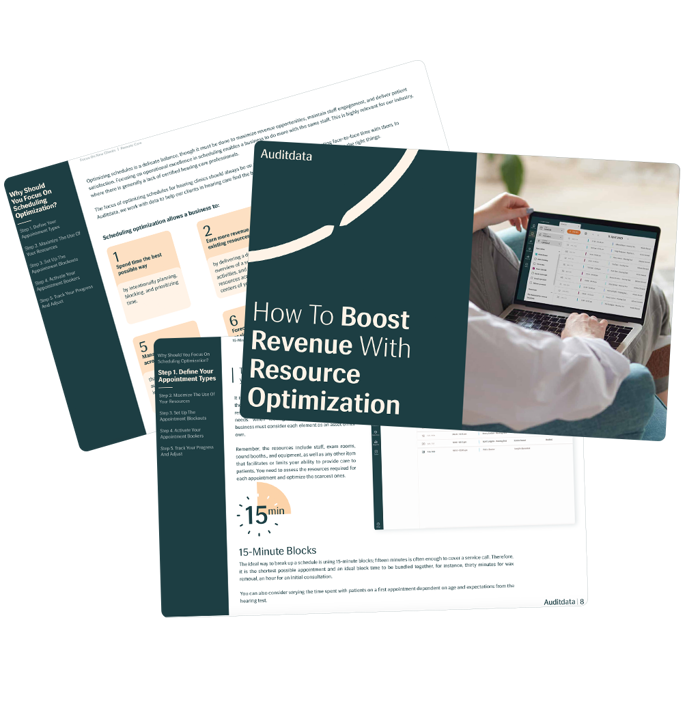
5. Triage
Triaging is an important skill in the healthcare industry, as you must decide which tasks – or patients – should be dealt with first. Decisions over what should be a higher priority aren’t always obvious.
A general rule of thumb: prioritize new clients with a high propensity to convert to hearing aid users. When possible, make decisions based on optimizing schedules and maximizing efficiencies. For instance, prioritize the patient who is coming in for an appointment vs. the one who is checking out, to keep appointments running smoothly and on time. Recognize that a huge part of time management is triaging all day long!
6. Use Staff Efficiently
Ensure that your audiologists are spending their precious time seeing patients by offloading some of their tasks onto other staff members. Be certain that front desk staff are optimized, taking on other responsibilities besides answering phones and greeting patients.
For instance, have administrative staff prescreen all new patients with an iPad screening tool, to confirm a hearing loss. Double-check that all staff members are being fully utilized – and that no one is feeling overwhelmed with too much responsibility, which could lead to burnout. Play to people’s strengths. A super organized staff member might be more efficient at inventory (and might enjoy that detail-oriented job), whereas someone more creative might be more efficient at creating new product displays or decorating the office for the holidays (and might prefer those design-oriented projects).
7. Bundle Related Tasks
When you jump between unrelated tasks, such as writing patient notes and checking emails, it takes time for your brain to switch gears. Research shows that it takes people an average of 23 minutes to refocus after an interruption. So, it’s far more efficient to complete similar tasks all at once.
For instance, complete all patient notes first, and then check and respond to emails in one batch. This minimizes transition time and maximizes efficiency – and your energy. Trying to multitask – switching between writing patient records, responding to emails, and reading articles in industry journals – is less efficient and takes much longer than doing one thing at a time.
8. Expect The Unexpected
When you work in healthcare, unexpected events are frequent occurrences, so you must be nimble enough to handle whatever comes along. Patients can show up late for their appointments (or don’t show up at all). Or a routine hearing screening uncovers a more serious hearing health issue. Perhaps one of your audiologists gets sick at the last minute, disrupting the entire day’s schedule. Your team needs to accommodate any scenario, seeming unflappable in front of the patients. Do whatever you can to adjust, such as having a provider work through their administrative time or stay later in the day to manage emergencies or handle an unexpected health issue with a patient.
When you anticipate speedbumps or hurdles in your day, you’ll be less stressed out when they (inevitably) occur, and you won’t let them derail you.
9. Schedule Certain Days for Non-Revenue Generating Activities
Another effective time-saving tip is to have events or full days where people can drop into your clinic for non-revenue generating activities. For instance, consider staying open on certain Saturdays to do hearing aid cleanings, adjustments, battery changes, repairs, etc. That way, you can bundle non-revenue generating activities on that specific day, which allows you to keep the calendar open for hearing exams, fittings, and sales for the rest of the month.
Other Blogs You Might Enjoy:
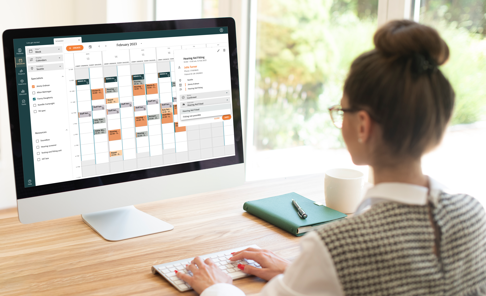
Improving Operational Efficiency: Why This Matters
Your hearing clinic wants to boost profitability, improve patient outcomes, and provide exceptional service throughout each customer’s journey. Optimizing operational efficiency can help you do all that and more. This blog explains how to improve operational efficiency – and why this matters.
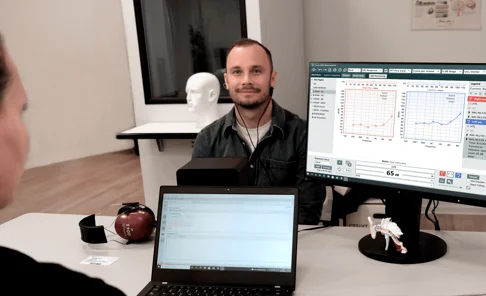
Are Real Ear Measurements Necessary?
Real Ear Measurements (REM) – also called Probe Microphone Measurements (PMM) – are considered the gold standard in hearing aid fitting and verification, allowing audiologists to determine whether a hearing aid user is receiving the precise level of amplification needed at every frequency to maximize their hearing. This blog explains how REM can improve customers’ hearing, as well as drive better business outcomes and serve as a key differentiator for hearing clinics.
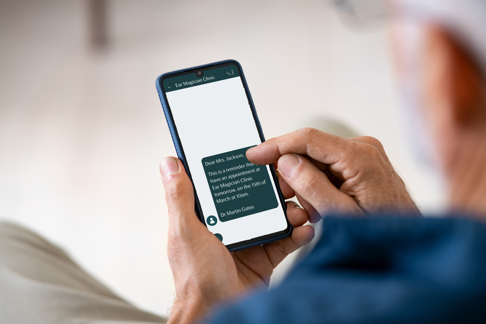
The Benefits of Automated Reminders in Hearing Healthcare
Reminders are essential for hearing clinics. Auditdata’s automated reminders ensure that clinicians don’t skip important steps in their treatment. Our solutions also remind customers to make (and keep) hearing appointments and take proper care of their hearing aids.
Don't Miss Out On the Latest Insights On Audiology
Sign up today to receive exciting updates, tips, and the latest newsletters from Auditdata.
